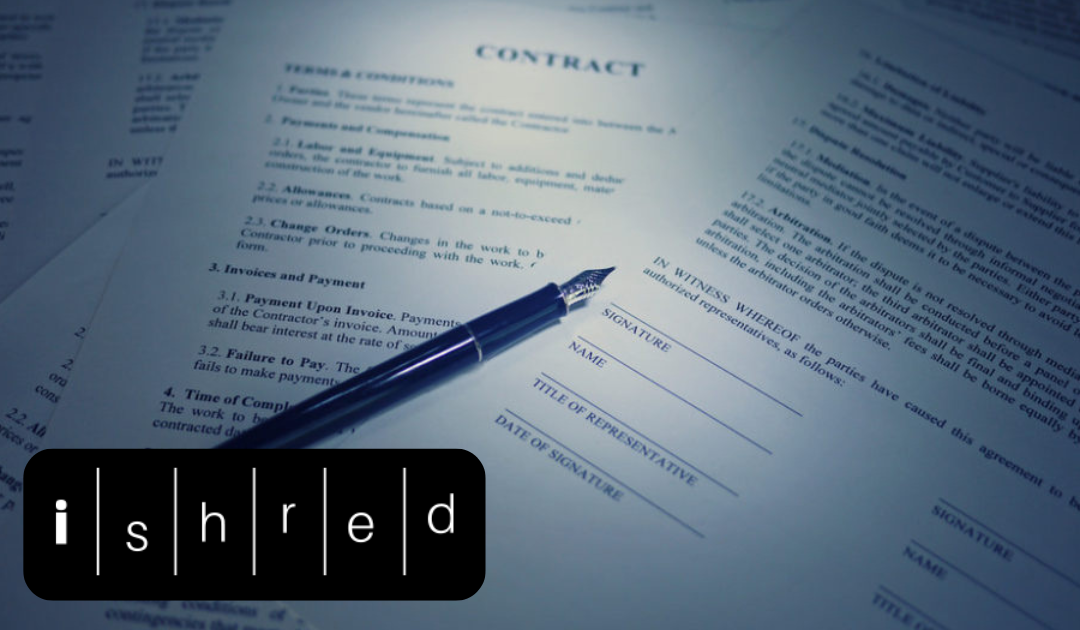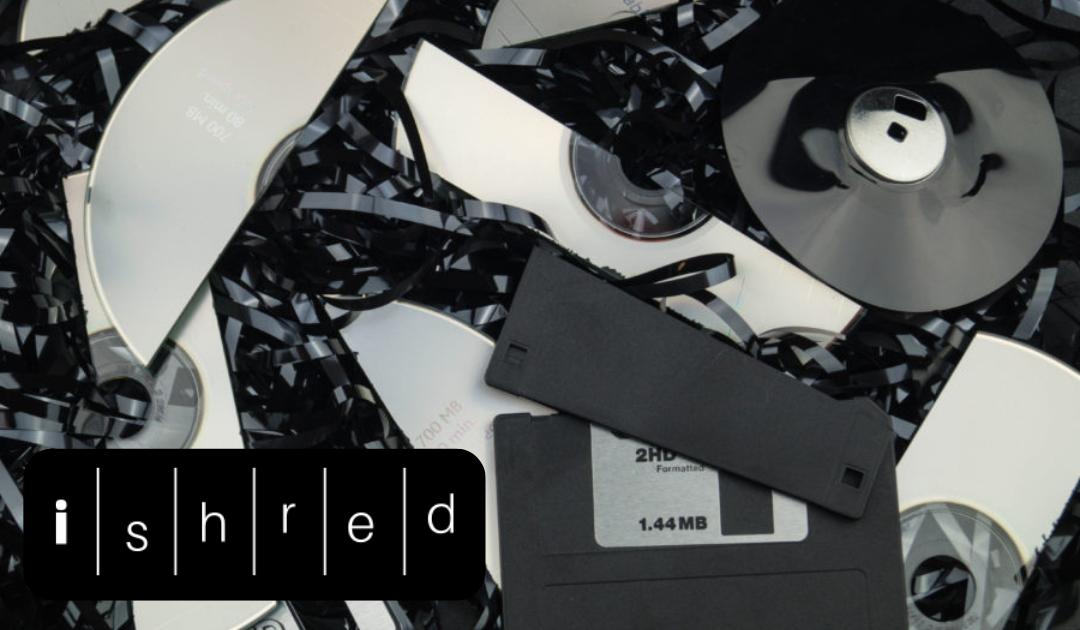Do you have ex-employees who had access to sensitive data? You need to know the details about ex-employee secure document destruction.
Once an employee leaves your business the complex and time-consuming task of handling their documents can leave many employers scratching their heads. Ex-employee secure document destruction is vital.
While it may seem a waste of time, failing to properly sort out what information and documents to collect, store and shred with regard to ex-employee secure document destruction is a crucial part of running an effective business that aligns itself with Australian law and effective business practices.
Here is a rough guide explaining what to collect, what to store and what to shred during the inevitable time when an employee becomes an ex-employee. Bear in mind that employers or those looking to start a business should seek further information regarding these matters.

According to the Australian Fair Work Ombudsman employers must keep accurate and detailed records of their employees. These records include basic general records, pay records, hours of work records, leave records, superannuation records and others. However, not all records need to stored forever, and it is in the best interest of your business to sort through an ex-employee’s documents and sort them into what legally needs to be stored, what doesn’t legally need to be stored but should be stored, and what should be shredded.
The records which need to be legally stored are the complete time and wages records of the employee. These are basically records showing when the employee worked and how much you paid them. They need to be accurate and show exact dates, times and figures, not just general amounts. Ex-employees are also entitled to a copy of this information whenever they need it, so it’s best to keep it filed in a way that would be easy to find later, or electronically scanned so it can be sent to them via email. After seven years this information can be legally shredded as the ex-employee would likely no long require such information.
Additionally, tax records relating to all employees must be kept for five years.These records should detail and prove how much super guarantee you paid them, as well as the calculation method, along with evidence you offered eligible employees a choice of super fund. Superannuation will play a huge role in an employee’s later life, so there is a definite chance these records may be requested, making it important to have them all prepared after the employee leaves and then store them systematically.
While you are not legally obligated to do so, it would also be in the best interest of your business to keep and maintain other records relating to your ex-employees. These are the employee’s resume, workplace performance records and any certifications they provided. These may come in handy later if the employee wishes to return to your business or engage with it in some manner, as well as in any circumstances involving legal proceeding against your company involving an ex-employee. As they may never be used, these records can be filed away in a storage unit out of the way and separated from other more important records.
The remaining documents relating to the ex-employee can be shredded. Documents such as their bank details, HR documents and other personal written requests and reports made by and about the ex-employee will simply waste storage space and should be shredded for the sake of privacy. Make sure to actually shred the documents, not just put them in the rubbish, as the leaking of sensitive details can jeopardize an employee’s privacy and land you and your business in legal trouble.
For more information about what to collect, what to store and what to shred relating to an ex-employee, visit the Fairwork Ombudsman’s office website.
If you are ready to get your documents sorted, contact iShred today.




